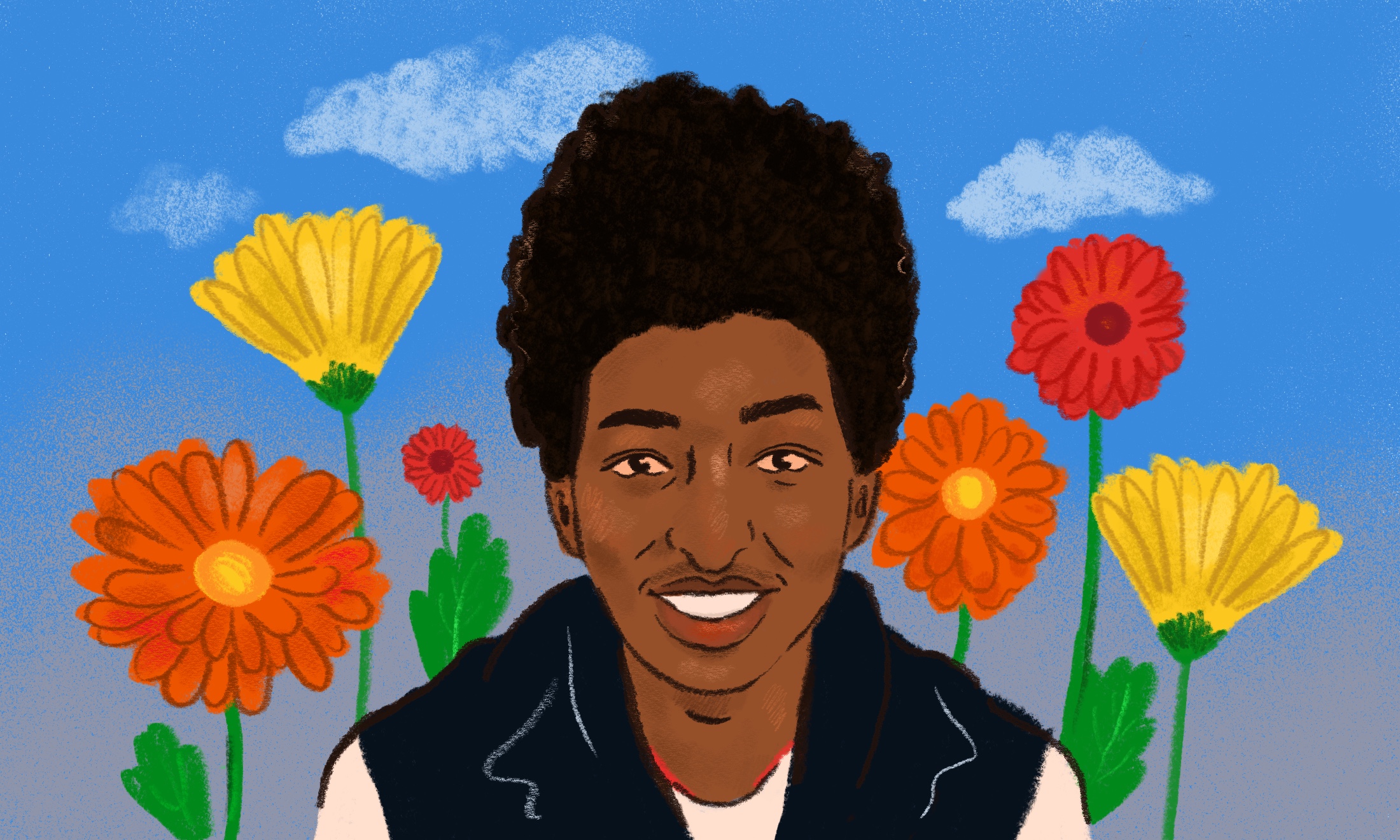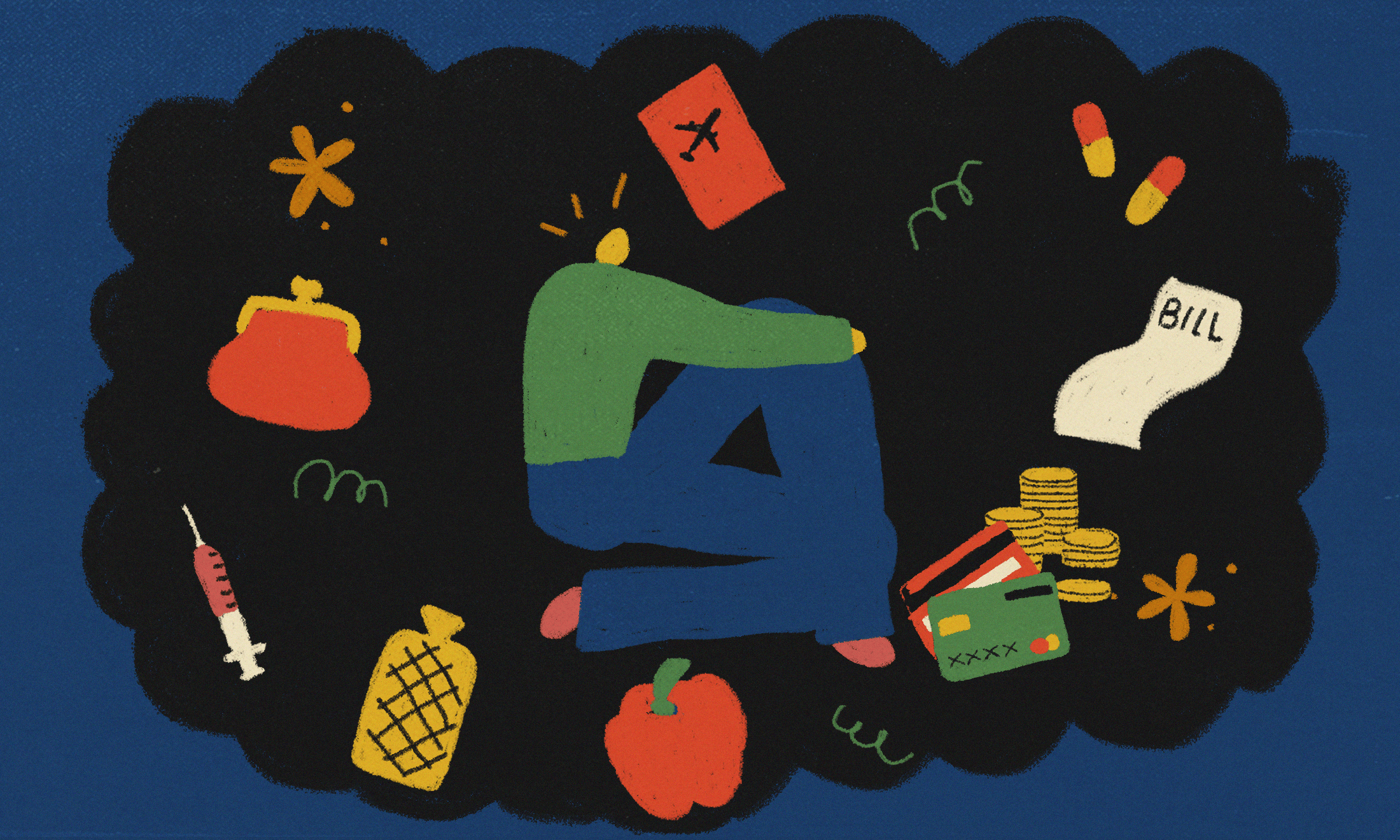Under lockdown Manchester’s Black students have become suspects
The University of Manchester has responded to the pandemic with overpolicing. Black students are the first to suffer.
Emma Blake Morsi
18 Nov 2020

Hannah Virgo/Unsplash
Trigger warning: mentions of assault and suicide
On Sunday night, a disturbing video began circulating on social media. Filmed two days previously, outside a student accommodation block belonging to the University of Manchester in the Fallowfield district of the city, it shows two security guards pinning a young Black student against a wall, demanding to see identification. The young man attempts to show the pair his card; in response they grab an arm each and try to wrestle the ID from him. “Film this,” the student instructs the watching crowd.
“I’m a University of Manchester student. They’re trying to snatch my card off me. You see this? I take this racial profiling”.
According to witness Chloe Kigira, a first-year UoM student, there were dozens of people around on that Friday night. Security with megaphones were trying to clear the area in line with Covid-19 lockdown regulations. Yet, according to Chloe, only Zac Adan – the Black student seen in the video – was stopped with such heavy-handed force.
“There was no conversation,” Zac later told the BBC, sharing that he was “traumatised” by the incident.
“They just pinned me up against the wall and said I looked like a drug dealer. Why? Because I am black and wearing a hoodie?”
The University of Manchester has since launched an investigation and suspended two security guards in response to the footage.
Pandemic policing
Greater Manchester was first placed in a localised lockdown at the end of July due to rising cases of Covid-19. Following the introduction of tiers in October, the region was assigned Tier 3 – the highest public health alert level. Proving ill-equipped for the situation and just after the beginning of a new school year, the University of Manchester quickly saw the highest affected student rate per capita by 11 October. The university responded by introducing a widespread student lockdown and complete move to virtual learning. With this came increased security patrolling and police presence.
“I’m mixed race and even I don’t feel particularly safe with security about now,” Chloe shares. Although upsetting, she no longer finds incidents like this shocking. “It’s especially frustrating to see this happen by people who are supposedly there to protect not only university property but us as well. It feels like an abuse of trust and you can feel the anger and anxiety on campus.”
Tensions are running sky-high in Manchester, with the university already using excessive measures to crack down on student-led protest action.
Zac Adan’s detainment runs parallel to the university’s response to a series of Covid-19 related campaigns by students, including #UoMRentStrike calling on rent reductions, the safeguarding of residency staff and various other demands. Predominantly led by first-year students, this campaign is being amplified by other student groups across the city, such as 9K4WHAT and S.A.F.E.R (Student Action For a Fair and Educated Response) campaigning to lower tuition fees.
“In Manchester, Black people are eight times more likely to be stopped and searched by Greater Manchester Police than white individuals”
#UoMRentStrike demands include a rent reduction of at least 40% for students, with all students offered no-penalty early release clauses from their tenancy contracts. Strikers are also urging management to increase the standard of support for students in halls of residence, alongside campaigning against staff redundancies and penalties for occupiers or rent strikers.
After repeated denials of requests to meet with UoM’s vice chancellor, an occupation was put into motion. On 12 November students took over an empty tower block, infamously known as “the Tower”, part of the Owens Park halls in the Fallowfield area. They were met by the university cutting off their WiFi, fines and dozens of police patrolling the building area and across Owens Park.
Since then, other linked student demonstrations have taken place – and for some, the influx of police poses more than just ordinary concern.
A report published by the UK Parliament Human Rights Committee on 4 November lays out what’s at stake for students who have to live under such surveillance conditions. Overpolicing of the Black community is a well-documented yet increasing problem; police stops of Black people under Section 60 rose by 35% in 2019-20. In Manchester, Black people are eight times more likely to be stopped and searched than white individuals.
During the pandemic, the situation has only worsened for people of colour. Under new coronavirus legislation, Black people received 23% of police fines and 31% of arrests – despite only accounting for 12% of the population. Asian people were also disproportionately policed, receiving 23% of fines and making up 14% of arrests.
“I don’t want to go to a student protest and get racially profiled for being the only Black person there”
Returning to Manchester for his third year at UoM, Marcell Mapp is a member of S.A.F.E.R. As a Black man within a group predominantly made up of white women, he recognises he is an easy target for racial profiling at protests with increased police presence.
Black students like Marcell are already frustrated and apprehensive about potential encroachment upon their rights as police increasingly swoop on student actions in the city. “I don’t want to go to a student protest and get racially profiled for being the only Black person there,” he says.
Failing on all fronts
Evidence has emerged that the university may also be failing to protect students from Covid-19 itself. On Sunday 27 September an email was sent by ResLife, UoM’s on-site accommodation team, to self-isolating Oak House residents who had tested positive or been exposed to Covid-19.
The message – seen by gal-dem – advised students, as a “last resort”, to wear masks and maintain a social distance when getting groceries or collecting essential postage – despite lockdown rules requiring potentially infectious people to stay at home and self-isolate for two weeks. ResLife’s email presented another grievous example of UoM jeopardising the safety of the students in its care while also putting the general public at risk by suggesting students breach Covid-19 regulations. ResLife did not respond to a request for comment.
All of this is taking a tragic toll on the students who have to endure it. Speaking at a socially-distanced solidarity protest organised by Marcell, Zac shared that he hadn’t slept in 40 hours since he was accosted by the pair of security guards. Before the UoM took action against the officials involved, he spoke of how unsettling it was having to walk past the same two people that assaulted him.
“They looked me in my eye and started smirking,” he recounted.
“From the top down, every person in this [university] has forgotten about us. We’re paying to be here! I’ve come out of ends, my parents came here as refugees. They gave everything for me to be here at this institution, so for me to be walking 20 metres from my door and get pinned up against a wall because they think I’m a drug dealer? It’s mad,” Zac said.
“For students whose safety needs stretch across several intersections, the UoM’s apparent disregard for the their welfare has been deeply distressing”
Terrifying statistics paint a picture of what’s at stake; with at least one university student found dead every week at institutions across the country since term began, the impact of recent events has been devastating to the national student community.
What’s more, students are being placed under massive mental strain by excessive workloads, which haven’t lessened despite a completely new learning structure and fraught external circumstances.
With the university failing to offer a blended-learning approach initially promised to students, Marcell feels his education has been sacrificed in favour of the UoM’s attempts to trial bizarre schemes, such as fencing off accommodation and moving all learning online. As a result, student welfare has suffered and Marcell is exhausted by the virtual workload. To meet the recommended working hours for his units, formerly two hour lectures can now clock in between four to six hours. Marcell’s most recent one took him four days to complete.
For students whose safety needs stretch across several intersections, the UoM’s apparent disregard for the their welfare has been deeply distressing. Jasmine Taylor, a Masters student and the UoM’s Students’ Union Disabilities Officer says they are “shocked” by how “poorly” the institution has handled the situation. With disabled people citing “concern about the future” as their biggest wellbeing worry during the pandemic, the UoM’s hardcore measures and failure to ensure holisitic care poses a double problem for disabled students, especially those of colour.
Disabled students have received “no access provisions” says Jasmine, adding that, if issues persist, they and many others will be forced to consider dropping out.
Setting precedents
When you ask young people to invest such large sums of money, you are also leaving yourself open to be held accountable when you fail to uphold your side of the contract. Particularly if you then go to war with your own students.
By adopting draconian policing tactics that have been increased nationally during the pandemic, the University of Manchester has betrayed students by jeopardising their safety and treating them as suspects. As an institution, the university has broken promises of quality education and services pledged to students, in turn leaving marginalised young people vulnerable on several fronts.
With all eyes turned to the north and the struggles of the students there, what the University of Manchester does from hereon will set a precedent. We cannot afford for that to be one that says these students’ lives don’t matter.
In response to gal-dem, a University of Manchester spokesperson said:
“We have now met with student representatives from our Fallowfield residences and Students’ Union officers where we had a really useful, honest, open and very constructive discussion about the issues recently raised. We will be continuing to work with our student representatives to progress a number of areas and will have more information to share in the coming days“.

Young Black men are being jailed over text messages

Inside the online forums where anti-Gypsy, Roma and Traveller sentiment thrives

Revealed: ‘Shocking’ number of asylum seeker infant deaths in Home Office housing






